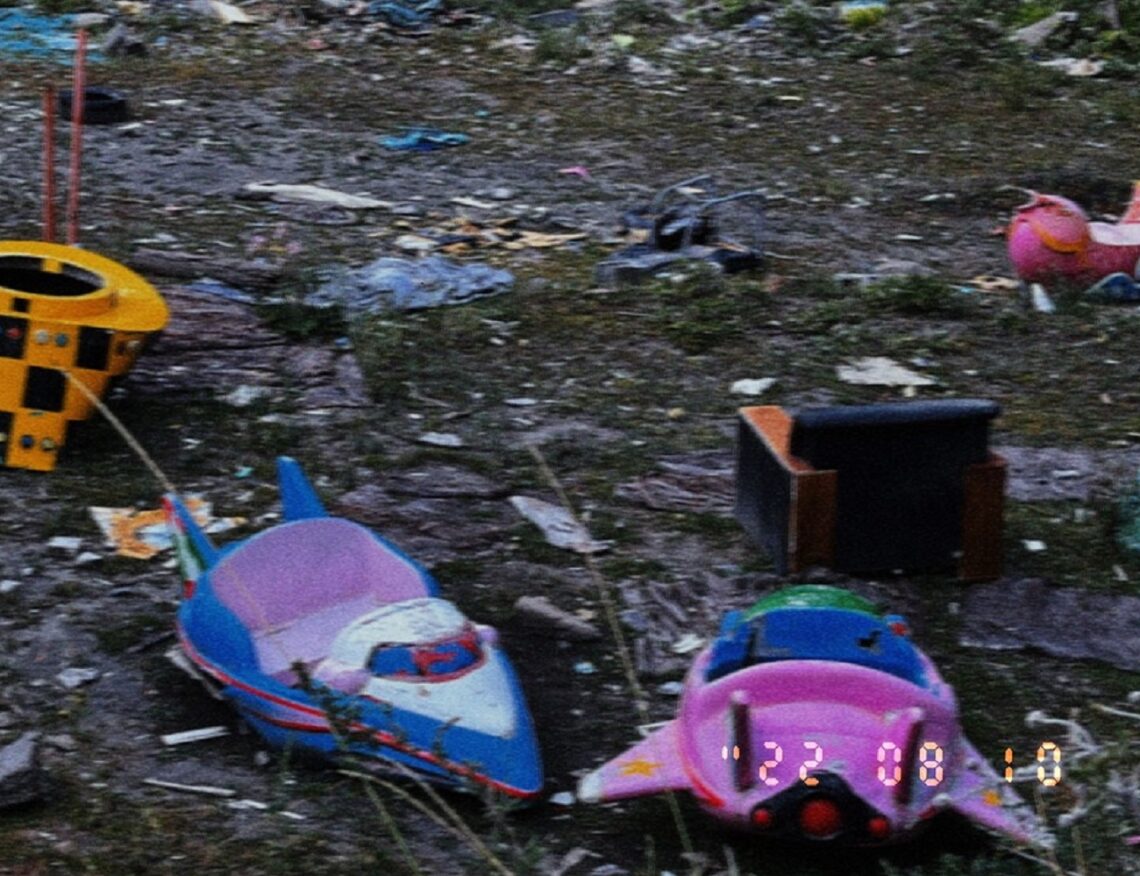This week while creating the ‘Intellectual Biography’ for the course of Interdisciplinary Future, it was as if the doors of my memory suddenly opened. I recalled many stranded ideals, half-hearted ideas, and aimless thoughts that make up so many light spots in my life. As best I could, I wanted to find out some better ideas, some needed changes in education field that were also based on my experiences.
During the supervision meeting last week, I was able to perceive that my first idea was not mature, which is less relevant in terms of future pieces and is difficult to narrow down the research scope. So I am going to propose another, hope be a better one here: how can minority languages (and, more generally, cultures) be sustained in local basic education?
-Why is it important?
First of all, the importance of language as a carrier of national culture cannot be overstated. In addition, as a Tibetan myself, it is a great pity that I can not speak Tibetan. Last week, I was chatting with one of my group member from another course and mentioned her regret of being an indigenous South African but only speaking English. In my hometown, another minority group, the Qiang, almost lost their language in this era because the children were not systematically learning and using it. This seems so out of place in an age that has the ability to record almost everything! Language preservation can certainly be acquired through informal learning: a natural process for the transmission of the “dominant language” in most areas. Children acquire their own language by talking to their parents at home or communicating to their friends. But a significant proportion of languages face a dilemma.
-How to solve it?
In response to this problem, I was thinking about whether there should be a place in the formal education for the transmission of these languages. I have carefully read the Study on Basic Education for Ethnic Minorities published by the Chinese government, which points out that the transmission of ethnic cultures and the promotion of unified basic education go hand in hand. This also shows that this problem needs to be and can be improved or even solved in basic education, i.e. primary and secondary school curricula. Therefore, I would like to consider improving/changing some subjects in the basic curriculum of primary and secondary schools in the future in order to meet the needs of language and even culture transmission in the ethnically inhabited areas.
-What needs to be done?
I will start a new blog to explain this part in detail, which will be used to fulfil the blog task 2.






Anna Porstner
10/22/2023 — 23:36
I love this idea, KeKe. Language carries so much of our culture and identities, I believe it is of great importance to preserve the richness of languages and embedding its use into the basic education is a good way of ensuring a language is preserved and passed on to other generations, enabling them to use their language not only as a home language, but a language for academic use (thus elevating the status of the language as well). How perfect you found that this actually aligns with the aims of the Chinese government, but isn’t yet applied or achieved in the case of Tibetan.
I’m looking forward to seeing how your project develops, KeKe!
Meiko Matsuo(May)
10/31/2023 — 12:54
I was impressed by what you have experienced and thought after I read all your posts(Apologies for my late comment). I agree that you would focus on how we maintain the language because of my personal experience recently. I’ve felt I’m losing a part of my identity while I only speak in English here because it is sometimes challenging to convey tiny nuances that contain my culture.
I think and hope Jen’s class will inspire your idea. And I’m looking forward to listening to your thoughts/ideas later at the supervision 🙂
Ramona MacKenzie
11/09/2023 — 18:43
Hi Ke Ke, I am glad I was paired with you and I appreciate the journey you are on in discovering your project idea and all the questions that you have that are guiding you along. This post about language I really resonate with. It also has grieved me growing up speaking English and not the language my great grandmother spoke so fluently. Language holds the knowledge of who we are! I am not sure how to provide any suggestions that are helpful since I am also in my discovery process and I don’t want to impose on your own process….but keep at it and keep exploring and being curious. It’s a pleasure to meet you, Ke Ke!